This is the name of our project and it contains strong words like Women, Creativity, Power, Empowerment All these words reflect the aim of our project – to support migrant/refugee women to materialize their entrepreneurial ideas in creative industries so they can empower their communities too.
WICP addresses the specific issue of supporting the full integration of migrant and refugee women into their receiving communities by investing in the development of skills related to
entrepreneurship and to the creative sector.
The project results:
IO1: The project’s consortium has conducted an analytical effort to assess the needs and gaps in marketable skills of migrant and refugee women in partner countries, particularly in the creative sector and entrepreneurship. The research has evaluated which elements should be integrated into the project’s modalities to improve the target group’s professional qualification and promote their integration in their local communities. The project has involved the target group, experts, and professionals working in migrant and refugee integration and has shed light on the EU legal framework around integration measures. The data gathered has been utilized to produce national reports and a comprehensive report highlighting common and specific aspects among different countries, best practices and initiatives, and existing entrepreneurial learning opportunities. The final report is available in English and Arabic, aiming to expand the outreach and number of beneficiaries of the project’s outcomes. The research will have a long-term and sustainable impact, supporting integration measures and initiatives within the creative sector to promote employability, inclusion, and gender equality.
IO2: The intellectual output has aimed to enhance the economic integration of migrant and refugee women into their host communities through engagement in creative businesses and social entrepreneurship. The partnership has developed a mentorship program to improve the entrepreneurial skills of migrant and refugee women within the creative field. The program has been based on a cooperative peer-to-peer assessment and co-design involving migrant and refugee women and entrepreneur women as peers. The mentorship program has provided orientation on the legal framework and information on self-employment/entrepreneurship initiatives. The partnership has encouraged the participation of migrant and refugee women, as well as local women engaged in the creative sector, to promote knowledge exchange and interactive dialogue. The ultimate goal has been to support the social and economic integration of migrant and refugee women through social entrepreneurship/self-employment initiatives and collaboration in the Creative and Cultural Industries.
IO3: This Intellectual Output has aimed to deepen the social integration of migrant and refugee women by promoting their contact and cooperative interaction with local women and furthering their professional skills to facilitate their economic integration into the receiving labor markets. The partnership has developed a tandem training program that includes creative skills training, peer-to-peer exchange of skills, socio-cultural and linguistic orientation. The program aims to enable women to exercise their skills and become more integrated in their settled communities through engagement in creative businesses. It also seeks to explore the potential of migrant and refugee women to promote dialogue between their cultures and that of their host countries by connecting them with artisans, art students, and designers of handicrafts in their receiving communities. The training materials have been developed in a form that is possible to be implemented physically and digitally, and they will be available online in English and Arabic to widen the range of beneficiaries of the project’s outcomes.
IO4: The partnership has made efforts throughout the project’s implementation to collect video and audio recordings to share experiences and information with migrant and refugee women, aimed at supporting their integration to European societies and promoting a sense of identification and belonging. These recordings are available on an online platform and will prompt sustainable endurance of the project’s positive effects on target groups and European societies. Additionally, the partnership has developed a board game focused on collaborative problem solving, aimed at equipping beneficiaries with tools of multiplication and dissemination. Direct beneficiaries have been introduced to the game during the project’s final events, and have the potential to continue fostering the positive benefits of the project after its completion.
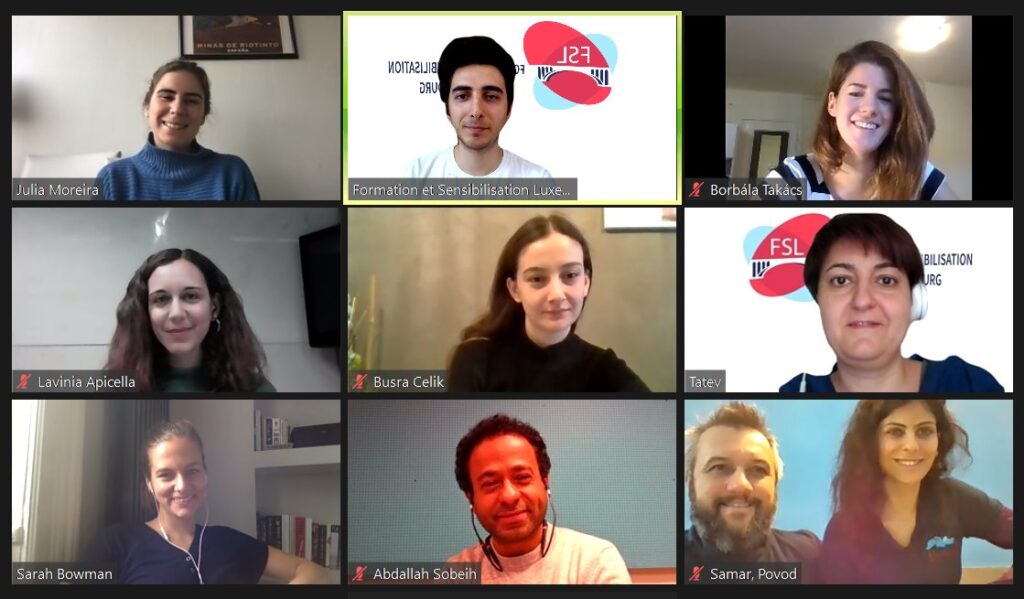
WICP is a KA2 Strategic Partnership project, co-founded by the Erasmus+ programme of the European Union – Luxembourgish National Agency, Anefore
The table element
| Financed by | |||
|---|---|---|---|
 |
 |
Partner organisations | |
 |
 |
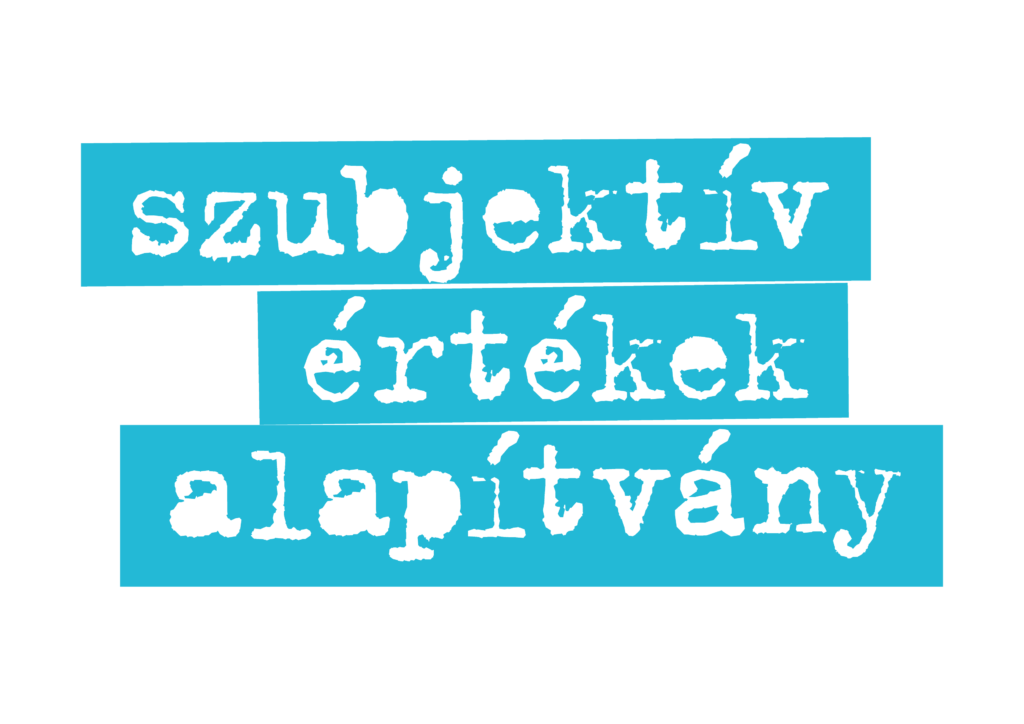 |
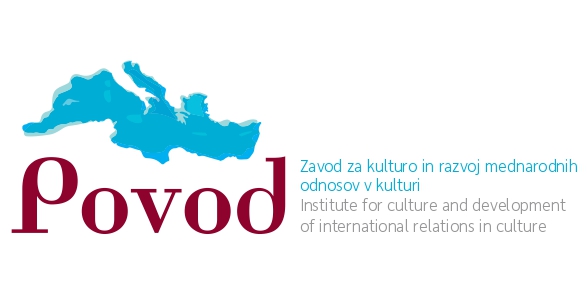 |
Learn more about the project on
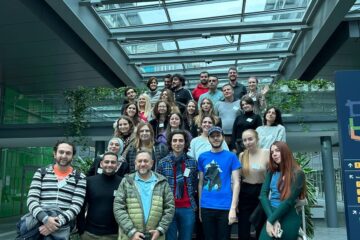
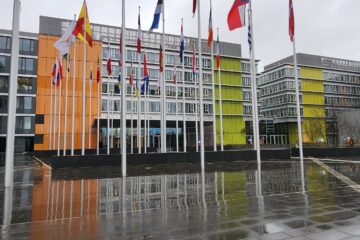
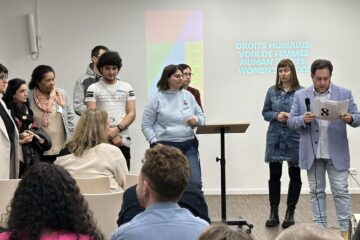
0 Comments